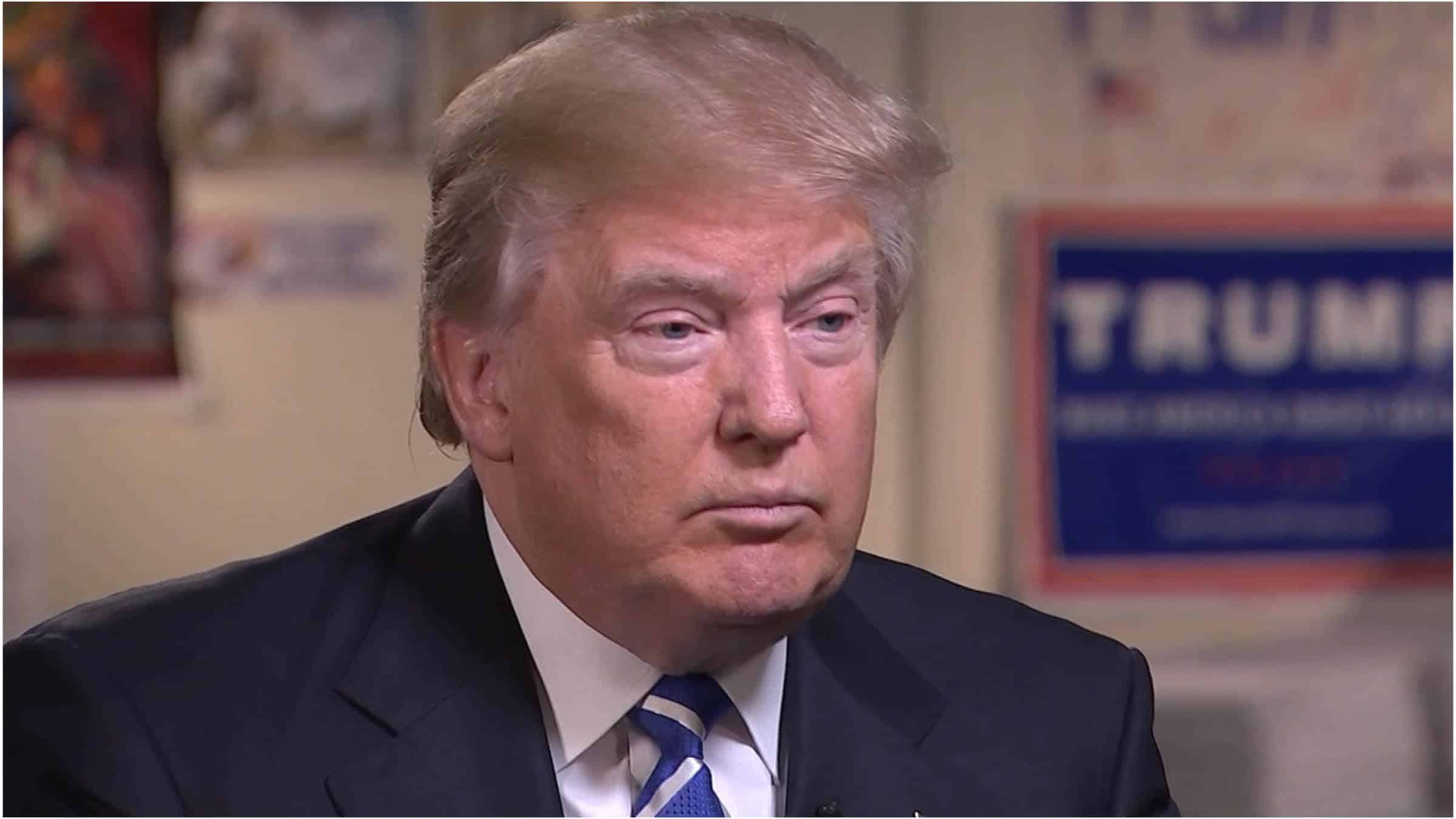Trump is running for president in 2024 – here’s why it won’t be as simple this time around

Donald Trump announced yesterday that he would be again running for president in 2024. It is an extremely rare move from a former US leader to return to the White House after losing an election.
“In order to make America great and glorious again, I am tonight announcing my candidacy for president of the United States,” Trump said from the ballroom of his private Mar-a-Lago Club in Palm Beach, Florida, where he stood on a stage crowded with American flags and “Make America Great Again” banners. Vowing to defeat Joe Biden in 2024, he declared: “America’s golden age is just ahead.”
He glossed over the hardships and missteps during the Covid pandemic and totally ignored months of election denial that culminated in the January 6th 2021 attack on the US Capitol by a mob of his supporters. He attempted to defend the Republican Party’s poor performance in last week’s midterm election and his support for losing candidates, which has led to growing criticism from conservative ranks. This time, the feeling around Trump is notably different, and his latest White House bid will be laced with obstacles he never faced before.
When Trump first announced he would be running for president eight years ago, he held a clean political slate. As this was his first political endeavour, he had no records as an officeholder, allowing voters to project their hopes onto him without much caution. He could make wild promises without critics pointing out previous shortcomings.
Obviously, that’s not the case anymore. Although Trump had some successful policies during his stint in office, including tax cuts and criminal justice reform, he did have some notable failures. Specifically, his handling of the coronavirus pandemic could open him up to attacks from his competitors. Democrats have long criticised his response as insufficiently aggressive, but some on the right believe he went too far in supporting government-mandated mitigation efforts.
Now time to address the elephant in the room. Perhaps Trump’s biggest task will be defending how he handled the end of his presidency – and his role in the January 6th 2021 attack on the US Capitol. The striking images of that day – with supporters waving Trump banners as they took over the Capitol – will not be forgotten. The midterm elections demonstrated that what happened that day may still be influencing voters – many Republican candidates who showed full support for Trump’s refusal to accept the 2020 election votes lost. Lots of them underperformed other Republican candidates in their states who were not outspoken in their election denial.
During Trump’s first battle to become president, he faced off against a Florida governor considered to be the party’s overwhelming favourite. Jeb Bush, however, was dispatched with ease. A huge campaign war chest and a famous last name was not enough. But if Trump wants the nod in 2024, he may well have to go through another Florida governor. Unlike Bush, however, Ron DeSantis just won an overwhelming re-election victory, suggesting he’s in tune with his party’s core principles. While he’s not yet been tested on the national stage, his stock is rising by the day.
It’s not yet been confirmed whether DeSantis will run or who else will enter the Republican presidential contest. The Florida governor could emerge as the top pick among those not interested in giving Trump another shot.
On the eve of Trump’s presidential announcement, a conservative group released a series of polls that showed Trump trailing DeSantis in a head-to-head contest by double-digits among Republican voters in Iowa and New Hampshire. Those states hold votes early in the Republican nomination process. DeSantis also led by 26 points in Florida and by 20 in Georgia, which has a Senate run-off election in December. In all these states, Trump’s numbers were down on previous surveys.
According to exit polls from the midterm elections, Trump is, simply put, not very popular – including in key states he would need to win to secure the presidency in the general election. A Politico-Morning Consult poll showed that In New Hampshire, only 30% of voters said they wanted Trump to run for president again. Even in Florida, that number only rose to 33%. Of course, Trump overcame negative views of his candidacy in 2015 as well. But after eight years as a political figure on the national stage, those views may be much less likely to change this time around.
Finally, time isn’t exactly on Trump’s side. If he wins the presidency, he will be 78 years old when sworn in. While that’s the same age Biden moved into the White House, it would make Trump the second oldest president in US history. Although time takes its toll on people differently, there’s no denying that the increasing burdens of age are inevitable. There’s no guarantee that Trump could withstand another no holds barred campaign required to win the Republican nomination, particularly where he will probably be pitted against much younger candidates. While Trump has shown incredible endurance in the past, that same level of output will surely be unattainable this time around.

